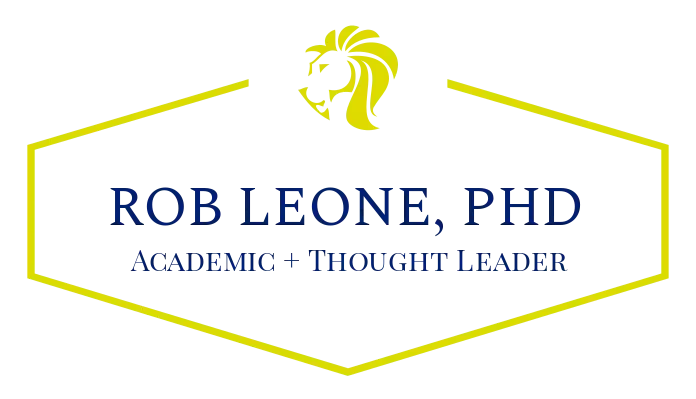Education is poised to be a hotly debated matter in Ontario in 2015, and the updated sex education curriculum will be the reason. There will be a sizable group of vocal parents that will emerge disgusted by what the curriculum will contain. As I recall from my time at Queen’s Park, it’s actually grand parents that seem to be more mortified. The question for Tories is whether they want to debate the age at which a child should learn about masturbation, or the risk of infection of oral and anal sex, and when a child ought to know about it. It isn’t far from a stretch to speculate that homophobic language will probably enter the debate as well. And, we know that whenever there is a vocal group of people at the doorstep of Queen’s Park, one or more politicians will be there to greet them.
The updated sex ed curriculum is the perfect kind of wedge because there are appealing parts that allow more moderate minded folks to say ‘I can live with it,’ as the policy will be designed and sold as one that protects children, and more socially conservative minded folks that will protest it to the end. The truth of the matter is that the problem lies not so much with sex ed, but with the underlying philosophy of education to which it attaches itself. Understanding that philosophy is the best way of finding a way to change the conversation we’re about to have in education.
To put that philosophy in lay terms, our curriculum is being crowded with a bunch of things that fosters a child’s self-improvement as a human. Whereas our grandparents were taught grammar, cursive writing, and rote math, these have all but been replaced by a curriculum that focuses on human self-development. The curriculum now incorporates more material on social justice, environmentalism, multiculturalism and so on. The philosophy that ‘a learning child should never fail’ is endemic of this approach. Some parents are OK or indifferent with this approach, while other parents have a foul sense of what this accomplishes.
I have encountered a great number of parents in my time in public office that have expressed their disappointment with the provincial curriculum. Most of them have been disappointed that there ‘child isn’t learning anything,’ or that ‘I had to teach my kid how to write,’ or that ‘what ever happened to spelling tests,’ or ‘I can’t help my kid do his math homework because they do math differently.’ Some others have expressed verbal outrage that their child is learning things that amount to ideological indoctrination. Some others have complained that parents have no say in their child’s education. Add to this the not so thoroughly discussed point that private tutoring centres are popping up where ever a new strip mall is being constructed, which is widening the disparity in education between families of means to pay for extra help and those who simply cannot. Honing in on any one of these sentiments will have far more public appeal than debating a curriculum addressing the consequences of (pre-) teenage sexual activity.
That’s why discussing opportunities for more rote learning (such as the Math Achievement Action Plan I unveiled on March 5th), greater parental involvement in schools (they have no say in any matter of education policy since they are not considered a “partner”), and opportunities for more school choice will have broader appeal.
On the school choice side, if you want to be bold, why not start a real debate on charter schools? No, I’m not suggesting a free-for-all policy that will dismantle the public education system, a system that serves most parents, students and educators quite well. However, there are some policy problems that charter schools could address. For example, setting up charter schools for kids with autism and other developmental concerns may be an appropriate method of injecting much needed public funds and educational resources to families that require specialized services. It allows such families to choose specialized schools or keep their kids at the public school. It can alleviate some concerns teachers are having when they have a challenging population of kids that can sometimes divert attention from classroom teaching.
Similarly, there have been plenty of calls for people in the trades to adapt our school system to a European model of teaching children about the trades. In many European countries, such as Germany, trade schools are considered elite schools, and learning a trade has often been considered a stepping stone to a student’s curiosity in learning more about science, technology, engineering, and math – the STEM subject areas. Many of these elite schools partner with industry who are hungry for top talent. Could charter schools be the path to transforming our education system to enable this kind of model? It would be a great item to debate.
If the policy is designed appropriately, it may also be a way of addressing pedagogical choice and religious education in Ontario down the road. However, in order for charter schools to succeed, a future government would need to use a couple of case examples from Ontario – not the botched ideas from other jurisdictions that have failed – as a starting point for anything that might arise in the future.
The underlying point is this: opposition leaders will oppose and vote against things. There is always short term political capital to be gained by doing this. However, a government-in-waiting will communicate a vision to voters and build that electoral coalition that will overcome the challenges the party will face in the next election.
The ongoing contradiction in our provincial discourse in education is that the concept of the day in our universities and colleges is differentiation. Differentiation offers students entering college and university real choice. However, when it comes to our elementary and secondary education, differentiation is a faux pas. Maybe what’s good for the goose is good for the gander.
